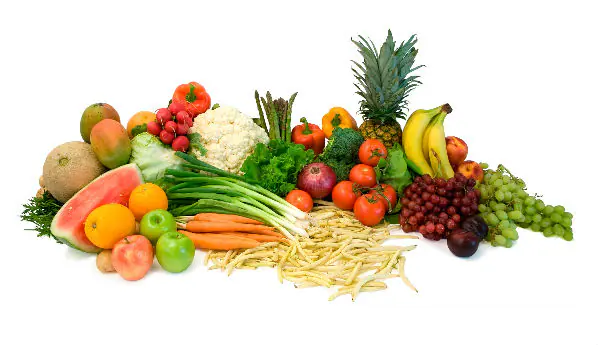Each of us has experienced acute or chronic pain, which can significantly impair the quality of life. However, doctors say eating certain foods may help reduce short-term or chronic pain.
Whole grain products take first place in the ranking of products with an analgesic effect. They contain magnesium, which helps relieve muscle pain, as well as difficult-to-digest carbohydrates, which help replenish glycogen stores in the body and protect against dehydration, a sure cause of headaches.
Ginger and turmeric also have effective pain relieving properties. In Indian medicine, these spices have been used for many centuries to treat diseases and pain. Olive oil and salmon, rich in omega-3 fatty acids, are recommended by nutritionists as a way to increase stamina and protect the body from joint pain and headaches.
Nuts such as almonds and cashews contain magnesium, which helps prevent headache attacks by relaxing blood vessels. Spicy greens such as saffron, tarragon and parsley contain essential oils that improve blood circulation and increase the body's adaptive abilities.
Dairy products are rich in calcium, which is an important element for efficient brain function. They protect against headaches and improve health.
Hot peppers contain capsaicin, which can reduce acute and chronic pain. Capsaicin causes a burning sensation on the tongue, which causes the body to release endorphins - happy hormones that have a powerful pain-relieving effect, acting like morphine.
In addition, strawberries, cherries, watermelon, spinach, sesame seeds and baked potatoes are also included in the list of foods that help reduce pain symptoms.
It is important to remember that proper nutrition is only one aspect of a healthy lifestyle. If you have chronic pain, be sure to see your doctor to find the most effective treatment option.



